Confusion, an intricate and often disruptive facet of the human experience, is a state that hinders our path to clarity, wisdom, and fulfillment. In the timeless wisdom of the Bhagavad Gita, we find profound insights into the nature of confusion, its origins, consequences, and, most importantly, the means to transcend it. This article explores the Bhagavad Gita’s teachings on confusion, shedding light on the path to clarity and understanding the consequences of overcoming it. We will also consider a modern perspective alongside the spiritual insights from Vedic literature.
What is Confusion?
Confusion is a state of mental perplexity, characterized by a lack of clarity, direction, and understanding. It often arises when our thoughts become entangled in a web of uncertainty, doubt, and conflicting perspectives, leading to a sense of disarray and disorientation.
How Does Confusion Arise?
kārpaṇya-doṣopahata-svabhāvaḥ
pṛcchāmi tvāṁ dharma-sammūḍha-cetāḥ
yac chreyaḥ syān niścitaṁ brūhi tan me
śiṣyas te ’haṁ śādhi māṁ tvāṁ prapannam
Now I am confused about my duty and have lost all composure because of miserly weakness. In this condition I am asking You to tell me for certain what is best for me. Now I am Your disciple, and a soul surrendered unto You. Please instruct me.
vyāmiśreṇeva vākyena
buddhiṁ mohayasīva me
tad ekaṁ vada niścitya
yena śreyo ’ham āpnuyām
My intelligence is bewildered by Your equivocal instructions. Therefore, please tell me decisively which will be most beneficial for me.
In the Bhagavad Gita, 2.7 and 3.2, Arjuna is in confusion, Bhagawan Sri Krishna Responds to the situation, shedding light on the genesis of confusion. Sri Krishna emphasizes that confusion arises from the attachments and desires that cloud the mind. The incessant pursuit of external stimuli and unbridled desires can lead to inner turmoil, obscuring our true purpose and wisdom.
What Does Revered Scriptures Say About Confusion?
The Bhagavad Gita, a revered scripture in Vedic philosophy, provides profound insights into the nature of confusion and its contrast with clarity. In this scripture, confusion is described as a state that arises from the entanglement of the mind in the complexities of material existence. This means that when individuals become overly engrossed in the material aspects of life, such as desires, attachments, and the pursuit of worldly gains, their minds can become muddled and perplexed. The constant chase after external stimuli and the fulfillment of desires can cloud the clarity of thought and hinder one’s understanding of their true purpose and the nature of reality.
In contrast, the Bhagavad Gita teaches that clarity is attained through divine knowledge and the realization of the soul’s eternal nature. When individuals turn their attention inward, seeking spiritual wisdom and self-realization, they can rise above the entanglements of the material world. This inner awakening leads to a profound sense of clarity, where one recognizes their divine essence and the eternal nature of the soul. Such clarity transcends the ephemeral complexities of the material world and provides a deep understanding of the self and the universe.
In essence, the Bhagavad Gita suggests that confusion is a consequence of an overly materialistic and attachment-driven mindset, while clarity is a result of spiritual insight and a profound realization of one’s eternal, divine nature. This perspective encourages individuals to seek inner wisdom and spiritual growth as a means to overcome confusion and attain lasting clarity in their lives.
Consequences of Confusion:
Confusion can have profound consequences on our well-being. It can lead to indecision, anxiety, and a lack of purpose, hindering our personal and spiritual growth. In both our personal and professional lives, confusion can result in missed opportunities and a sense of disconnection from our true selves.
How to Overcome Confusion:
teṣāṁ satata-yuktānāṁ
bhajatāṁ prīti-pūrvakam
dadāmi buddhi-yogaṁ taṁ
yena mām upayānti te
To those who are constantly devoted to serving Me with love, I give the understanding by which they can come to Me.
The Bhagavad Gita, a revered text in Vedic philosophy, offers profound guidance on transcending confusion in verses 2.7 and 10.10. These verses advocate seeking guidance from authoritative and spiritually learned individuals, as well as surrendering to the divine under the direction of scriptural teachings.
Seeking Guidance from Authoritative Sources:
The Bhagavad Gita underscores the importance of seeking guidance from authoritative sources, often represented by well-versed spiritual personalities. These sources possess deep knowledge and wisdom, and their guidance can illuminate the path toward clarity. By approaching individuals with spiritual insight and learning, seekers can gain valuable perspectives that help them navigate the complexities of life and rise above confusion.
Surrendering to the Supreme under Scriptural Direction:
The Bhagavad Gita emphasizes the significance of surrendering to a higher purpose, symbolized by surrendering to the Supreme, often referred to as the divine or the universal consciousness. This surrender is not arbitrary but is done under the guidance of scriptural teachings. It implies aligning one’s life with the principles and wisdom enshrined in sacred texts. This alignment with a higher purpose allows individuals to transcend their worldly desires and attachments, paving the way for clarity and inner peace.
Importance of Knowledge, Self-Realization, and Spiritual Wisdom:
To overcome confusion, the Bhagavad Gita places a strong emphasis on the acquisition of knowledge, self-realization, and spiritual wisdom. Knowledge here refers to not only intellectual information but also a deep understanding of one’s true self and the nature of reality. Self-realization involves recognizing one’s divine essence and eternal nature. Spiritual wisdom encompasses the insights derived from spiritual practices and teachings. These elements collectively contribute to clarity and the ability to overcome confusion.
Detaching from Worldly Desires:
Another pivotal aspect of transcending confusion is detaching from worldly desires. The Bhagavad Gita advises individuals to let go of the incessant pursuit of material pleasures and possessions. By reducing attachment to fleeting desires and cravings, one can attain a state of mental clarity and detachment from the complexities of the material world.
Self-Inquiry and Meditation:
The Bhagavad Gita recommends the practices of self-inquiry and Mantra-Meditation as potent tools to still the mind and gain clarity. Self-inquiry involves introspection and a deep examination of one’s thoughts, beliefs, and identity. Meditation, on the other hand, is a practice that quietens the mind, leading to a state of inner serenity and heightened awareness. Both of these practices facilitate the journey toward clarity and the transcendence of confusion.
In summary, the Bhagavad Gita’s teachings offer a comprehensive roadmap to overcoming confusion and attaining clarity. This spiritual text advises seeking guidance from authoritative sources, surrendering to a higher purpose under scriptural direction, acquiring knowledge, self-realization, and spiritual wisdom, detaching from worldly desires, and engaging in self-inquiry and meditation. These practices collectively provide a profound and transformative path toward transcending confusion and experiencing a state of lasting clarity and inner peace.
What Do We Achieve Overcoming Confusion?
Overcoming confusion, from both modern and spiritual perspectives rooted in Vedic literature, offers a multitude of benefits.
Clarity of Purpose: By transcending confusion, individuals gain a clear understanding of their life’s purpose and their role in the world, leading to a sense of fulfillment and contentment.
Emotional Balance: Clarity helps in emotional regulation, reducing stress and anxiety, and promoting mental well-being.
Effective Decision-Making: In personal and professional realms, clarity enhances one’s decision-making capabilities, resulting in more informed and effective choices.
Spiritual Evolution: From a spiritual standpoint, overcoming confusion is the path to self-realization and spiritual evolution. It leads to a profound connection with the divine and a sense of inner peace.
Harmonious Relationships: Clarity in one’s own life leads to more harmonious and fulfilling relationships with others.
In conclusion, the teachings of the Bhagavad Gita provide a profound insight into the nature of confusion and the means to attain clarity. Overcoming confusion is not merely the dispelling of mental fog; it is a transformative journey toward self-realization and a life guided by wisdom and purpose. By embracing these ancient wisdom, individuals can navigate the complexities of the modern world and find clarity amidst the fog of confusion.
Hare Krishna.
Published on: Brahmacari, S. K. D. Navigating the Shadows of Society, Modern Woes: Insights and Solutions.2023.JF Inc..
Views: 50

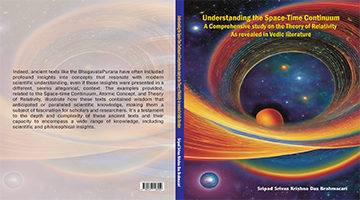
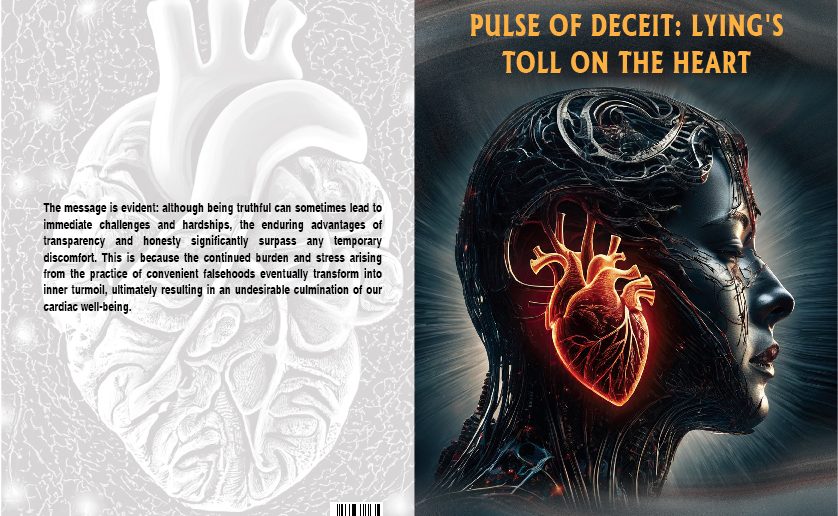
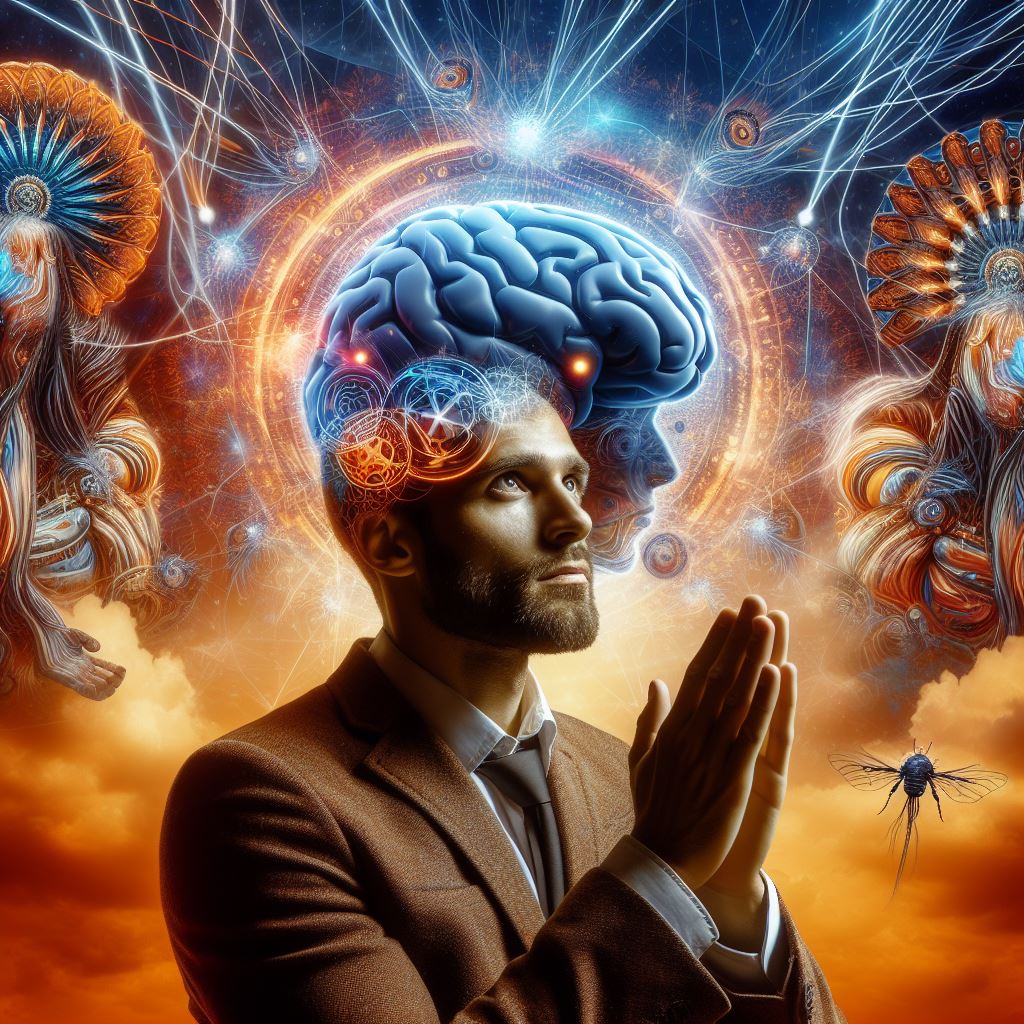










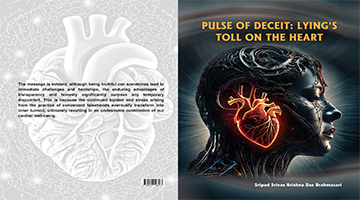

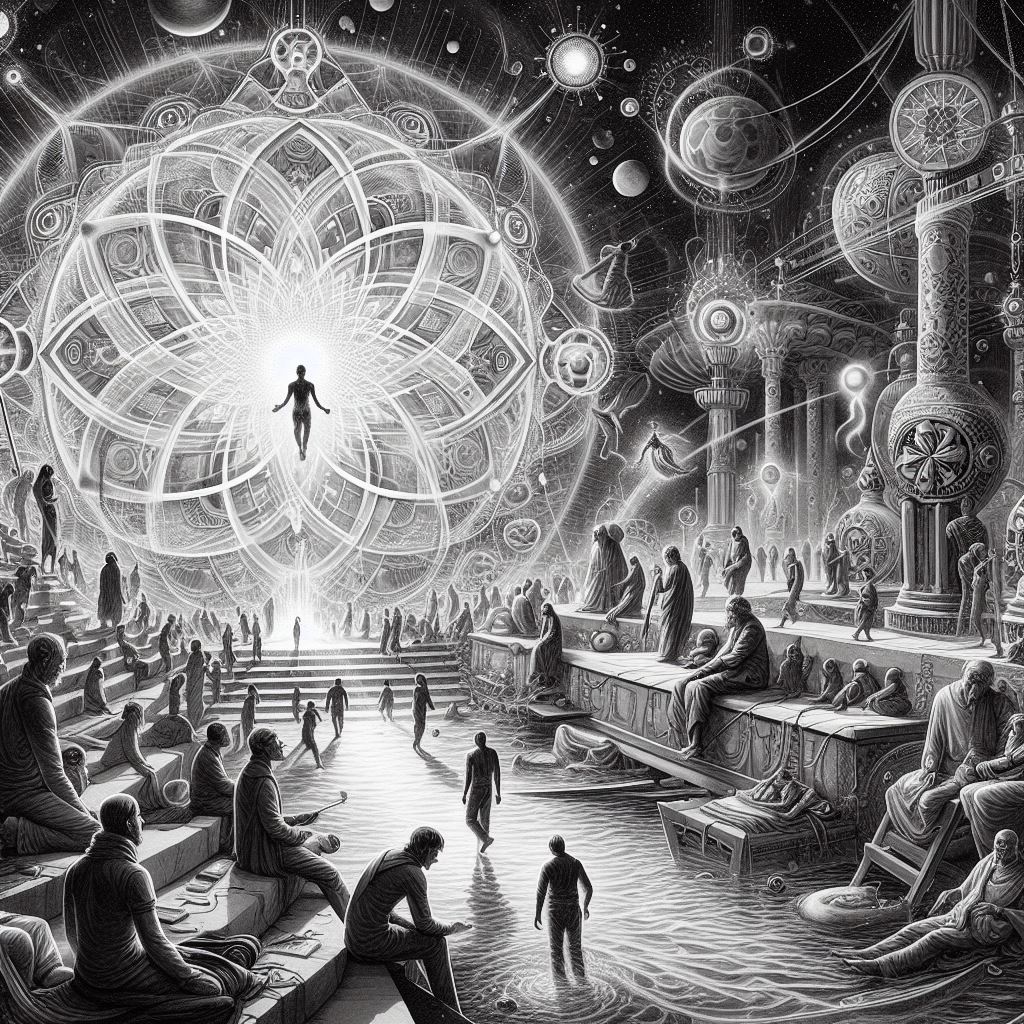
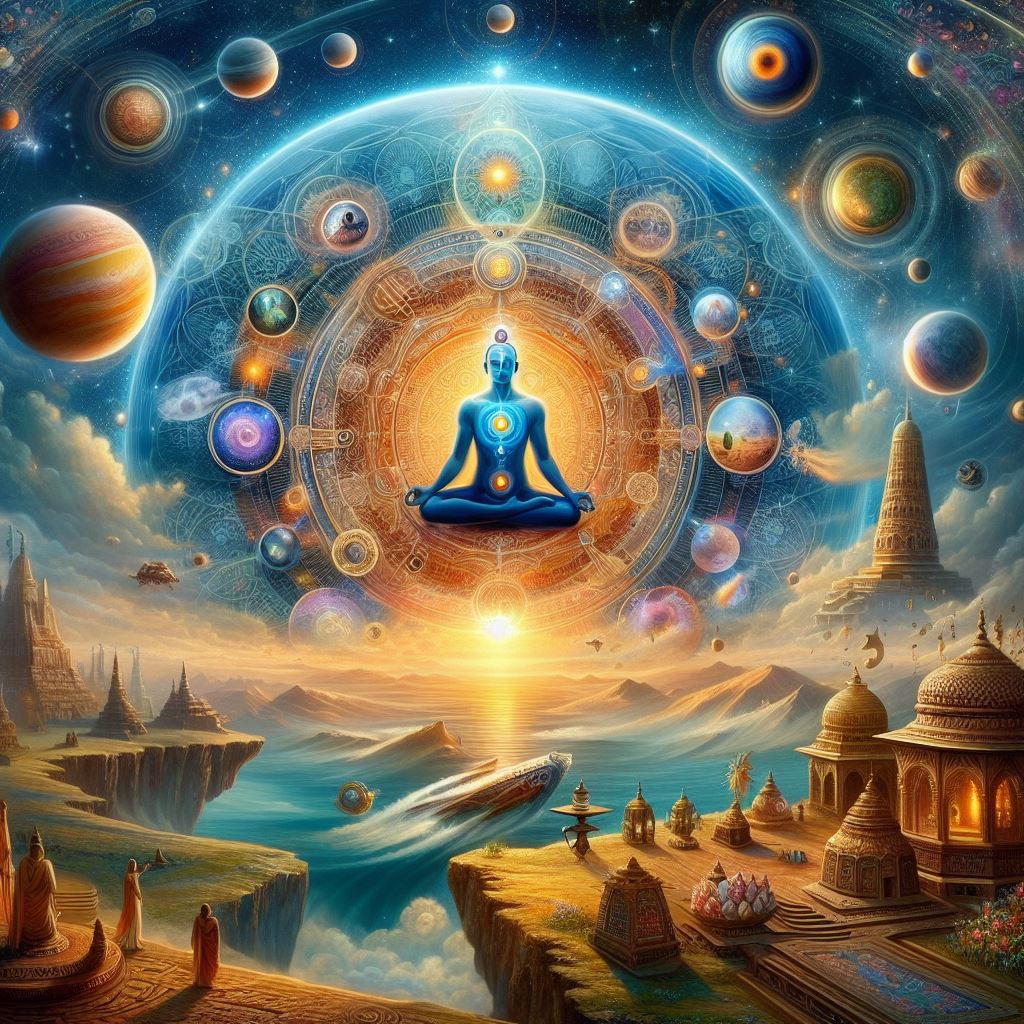


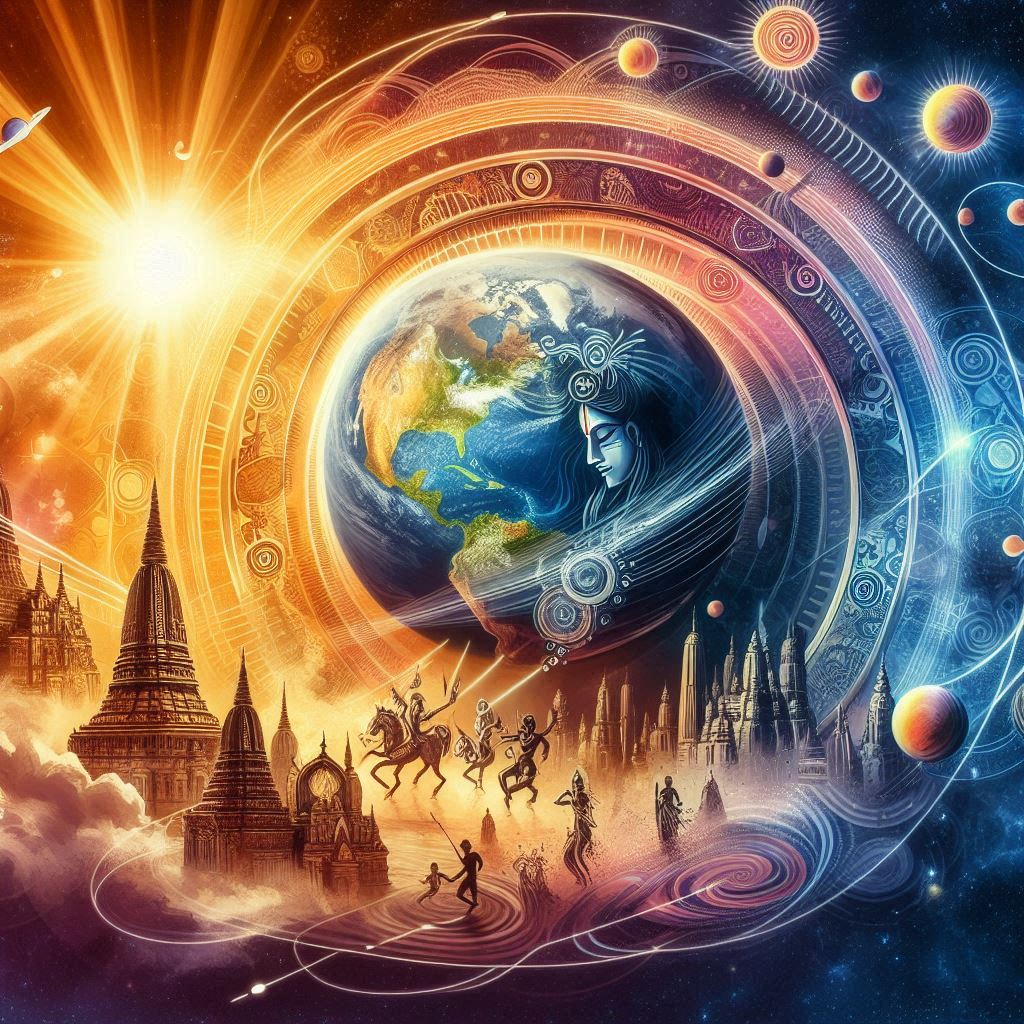
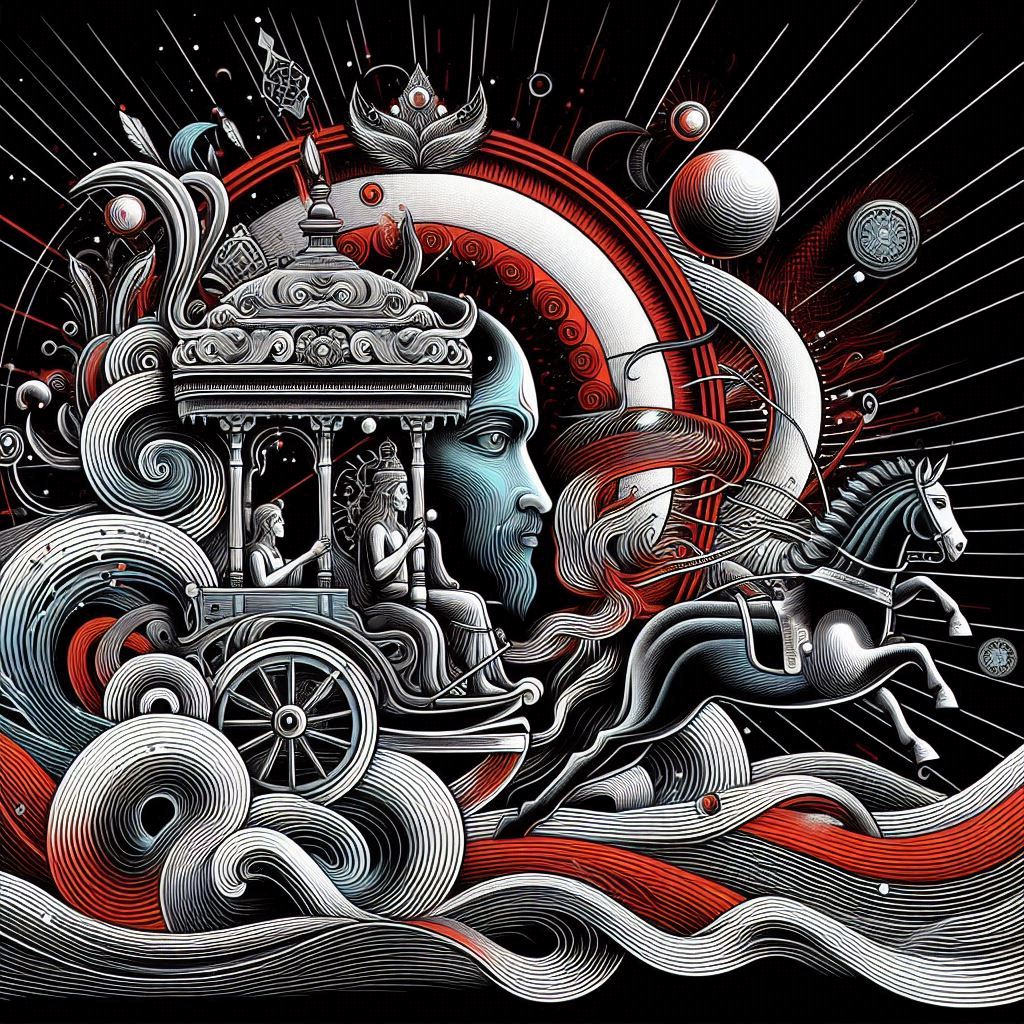
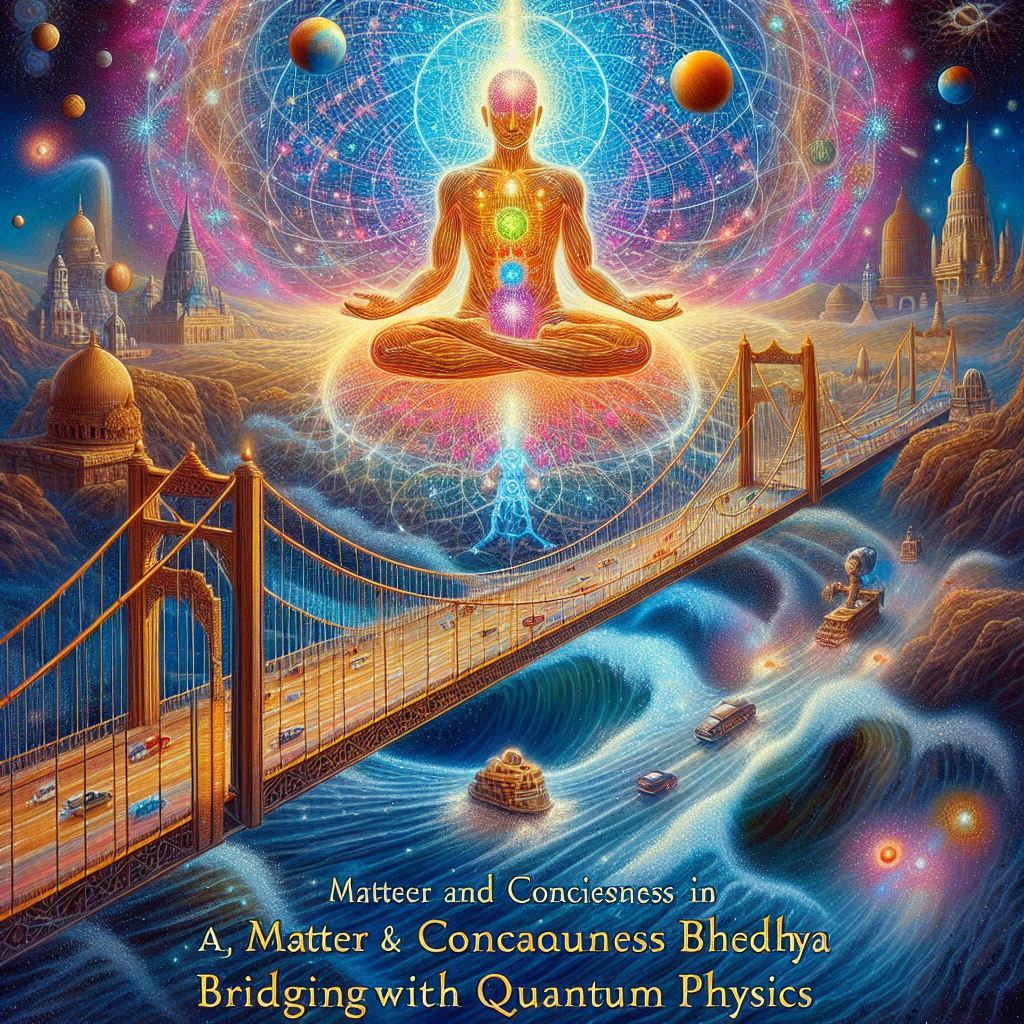
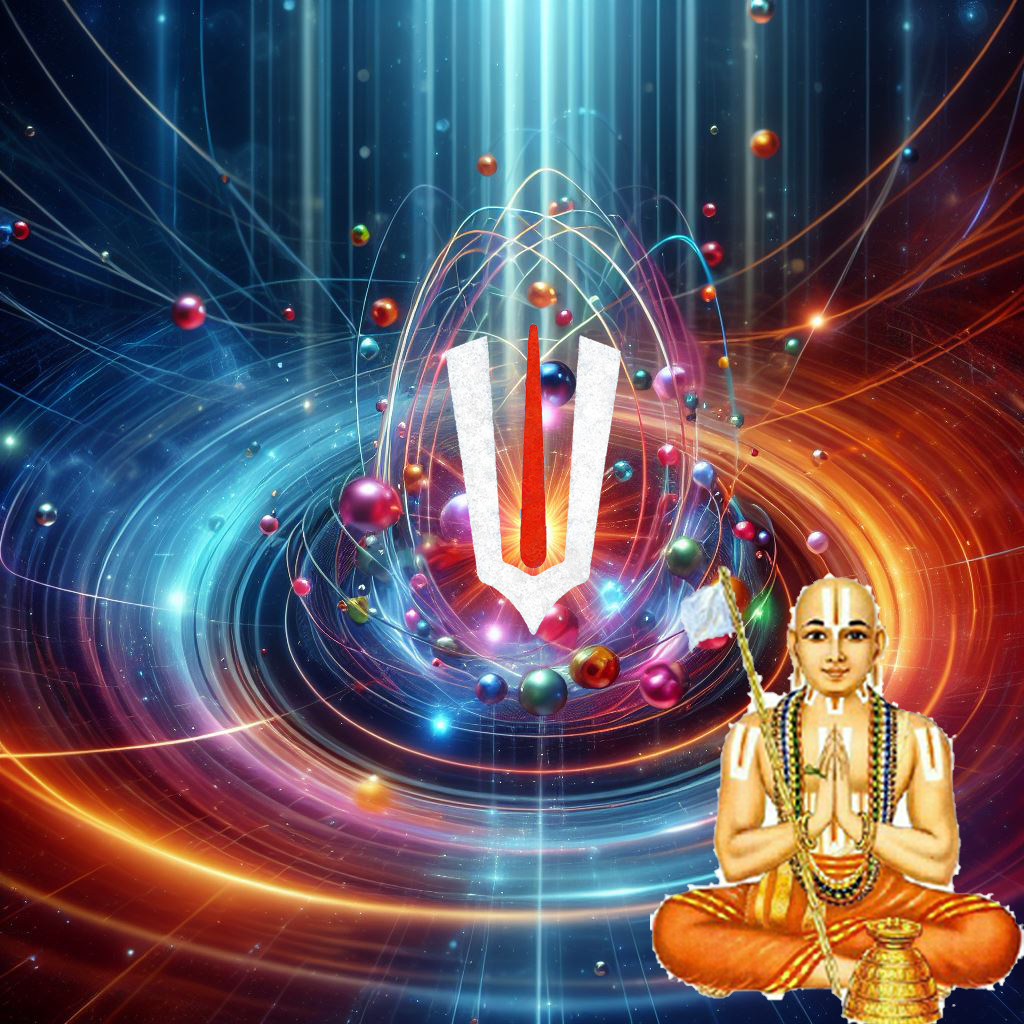
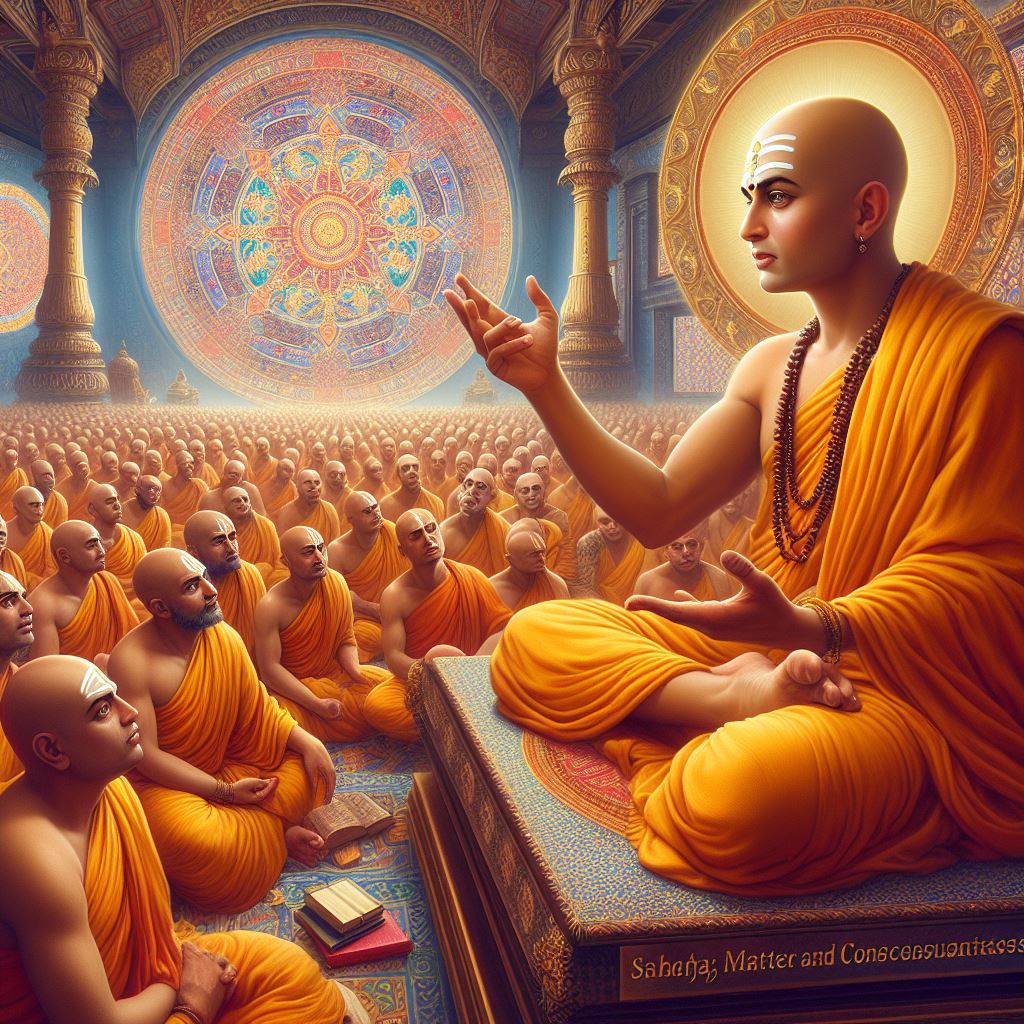
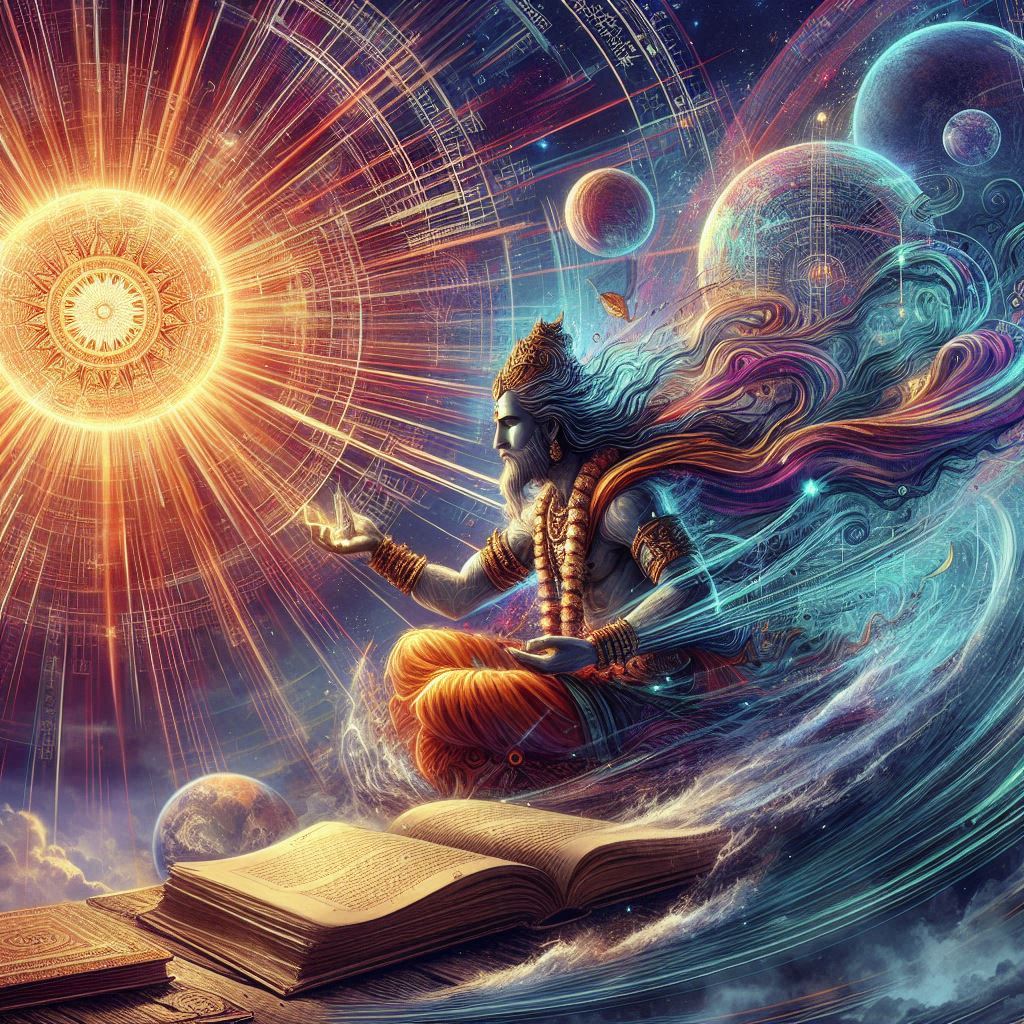
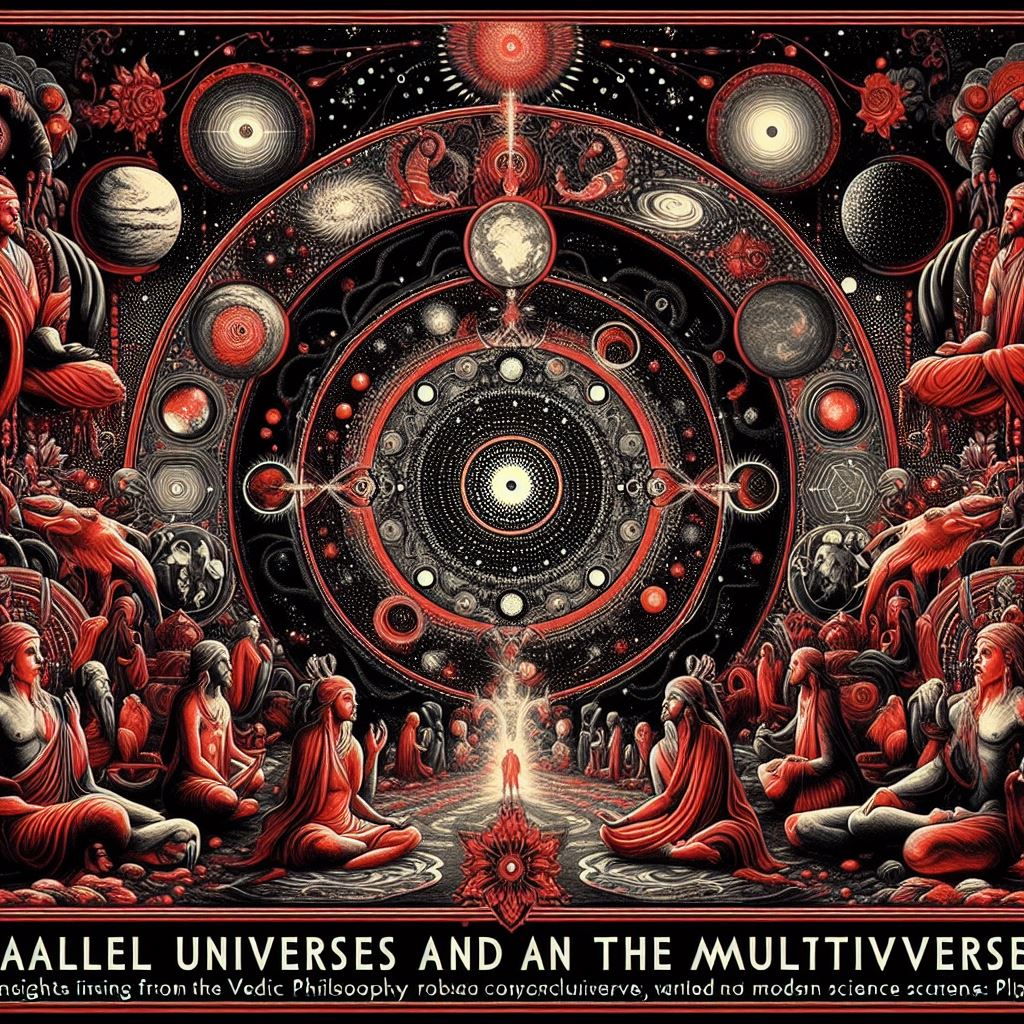
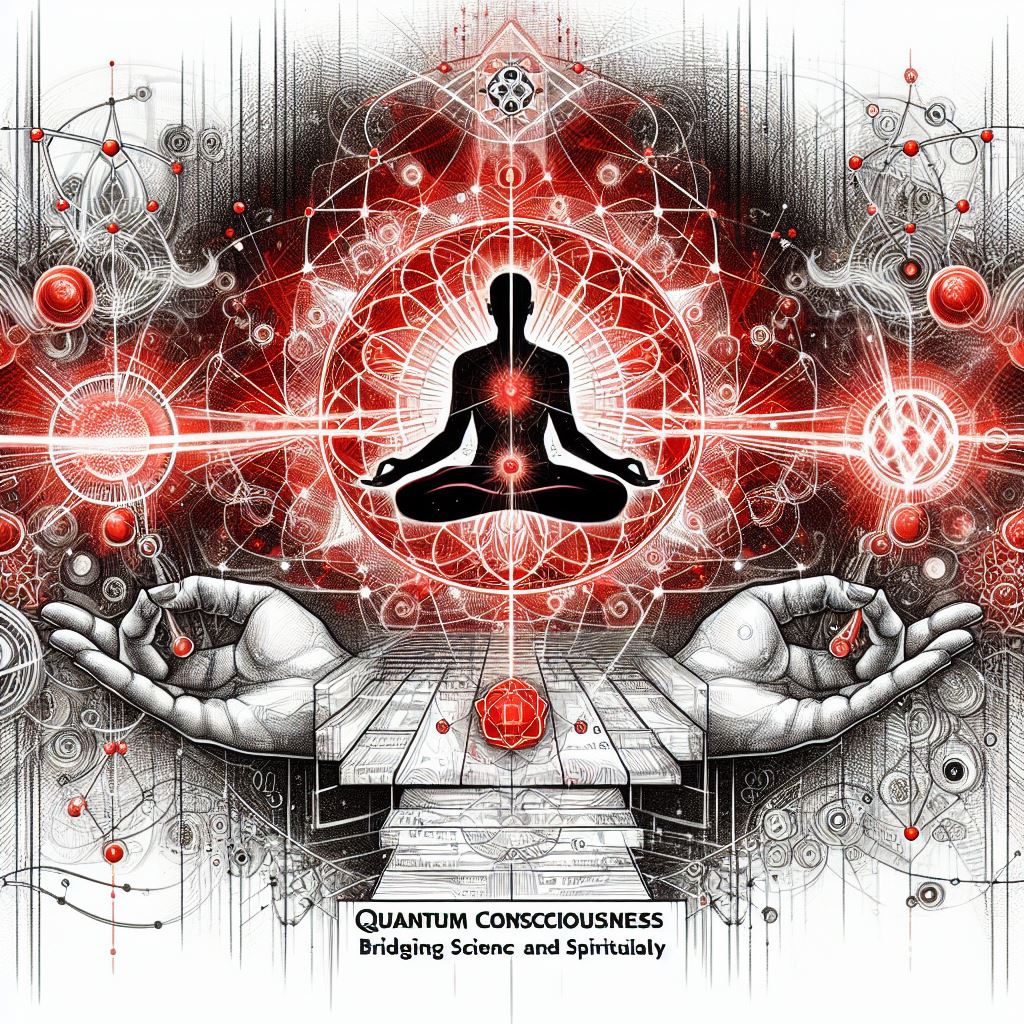


Origin of Science
Temporal Relativity in Vedic Literature: An Interdisciplinary Analysis of Time Dilation Narratives
Acharya Kaṇāda: The Ancient Sage Who Discovered the Atom
Evidence of Vedic Sanātana Hinduism as a Global Dharma
Perception of Quantum Gravity and Field Theory in the Vedas
String Theory as Mentioned in Veda
Sanskrit’s Role in Advancing AI: A Comprehensive Study
The Vedic Model of the Mind: A Contemporary Exploration
Vedic Contributions to Geometry: Unveiling the Origins of Mathematics
Matter and Consciousness in Achintya Bhedābheda: Bridging with Quantum Physics
A Comprehensive Study of Aeroplanes and Aviation in Vedic Literature
Hydrology and the Water Cycle in Vedic Scriptures
Vedic Insights on the Speed of Light